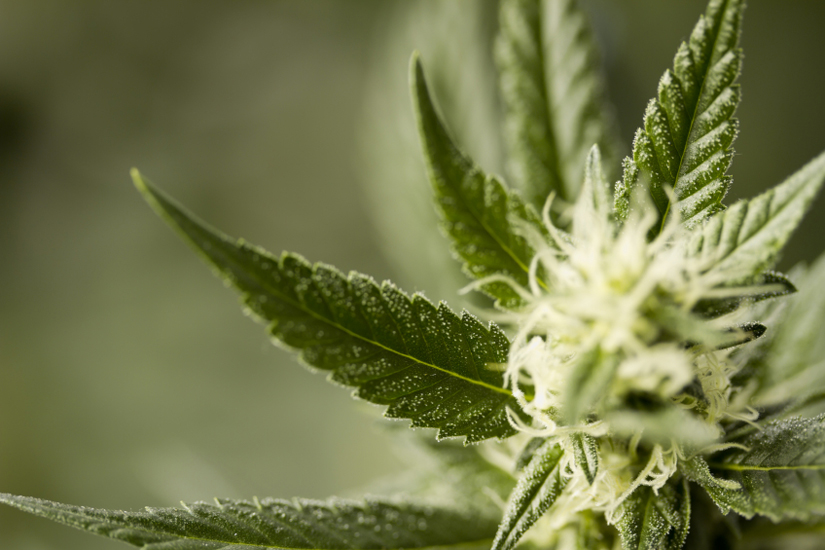Vermont Gov. Phil Scott will reportedly announce on Wednesday whether or not he’s going to sign into law a bill the state legislature sent him legalizing marijuana for recreational use. If he does – and the former race car driver appears to be leaning against putting his name on the bill over concerns about the potential adverse impact on highway safety – his will become the ninth state since 2012 and the first to do it through the legislative process. Legalization in the other states came about as the result of citizen-backed initiatives and referenda.
Things have certainly changed since the late 1960s when the Rockefeller drug laws in New York imposed harsh penalties on anyone caught with a joint. More and more people are coming to accept marijuana as a more or less harmless diversion on par with tobacco and alcohol rather than a demon weed that acts as a gateway to harder drugs like heroin and other opiates. The Gallup organization in 2016 and CBS News in April of 2017 both showed support for the legalization of recreational marijuana – not just medicinal marijuana, which has long enjoyed broad support – was approaching two-thirds of voters surveyed.
The harsh penalties imposed as the result of convictions for possession of even minor amounts has also been a driving force behind a bipartisan effort at criminal justice reform. The continued incarceration of those doing time for minor drug-related offenses imposes significant costs on the taxpayers while not provide the most efficient use of increasingly scarce prison space.
As a candidate, Donald J. Trump appeared to some to be willing to consider changes in federal policy toward the enforcement of marijuana laws for these reasons and because the cold, harsh reality is that current law puts the federal government at odds with the states that have already legalized it. Those who expected some kind of detente was in the works had their hopes dashed by a memo recently sent to federal prosecutors by Attorney General Jefferson Sessions directing them to, as the New York Times described it, “level the most serious charges with the longest possible sentences” and that they “must seek approval for any exceptions.”
Not everyone is comfortable with marijuana legalization. It represents a big change, legally and culturally. In fairness the cannabis industry – as it prefers to be called – has acted responsibly in those states where recreational or medicinal marijuana have been made legal, offering help to countless critically ill patients and contributing billions of dollars to the economy and to state revenues. At the same time, legalization has taken marijuana out of the criminal market and put it behind a regulated counter, dealing a significant blow to international cartels and traffickers who are truly dangerous.
The tide is turning, and not necessarily for the worse. The projected value of the legal cannabis industry in the U.S. for 2016 was $6.7 billion. The market value is expected to grow to $21.8 billion by 2020. As America struggles to get its economy up off its back, the cannabis business plays a significant role in as many as 28 states, with more soon to come.
The policy change ordered in the Sessions’ memo could potentially lead to hundreds of millions of dollars in marijuana sales shifting from state-regulated businesses back to the criminal, underground market if federal anti-marijuana laws are allowed to trump state law in places like California and Colorado. Call it an example of the law of unintended consequences at work.
All this needs to be talked out. Many believe it already is. For those who think federalism is important, maintaining local control over the legal status of cannabis should be a top priority. The voters in the states who have taken up the issue have, in most cases, used the democratic process to advance the cause of legalization. Federal action to overturn these initiatives amounts to overruling the people and is a rejection of the principles upon which this nation was founded.
True conservatives should recognize this truth and apply this line of thinking to all issues that deal with the intersection of state and federal jurisdiction. There’s no such thing as “selective federalism.” It doesn’t work in immigration policy, which is a federal issue, and it doesn’t work in drug policy – which may just not be.
credit:usnews.com













